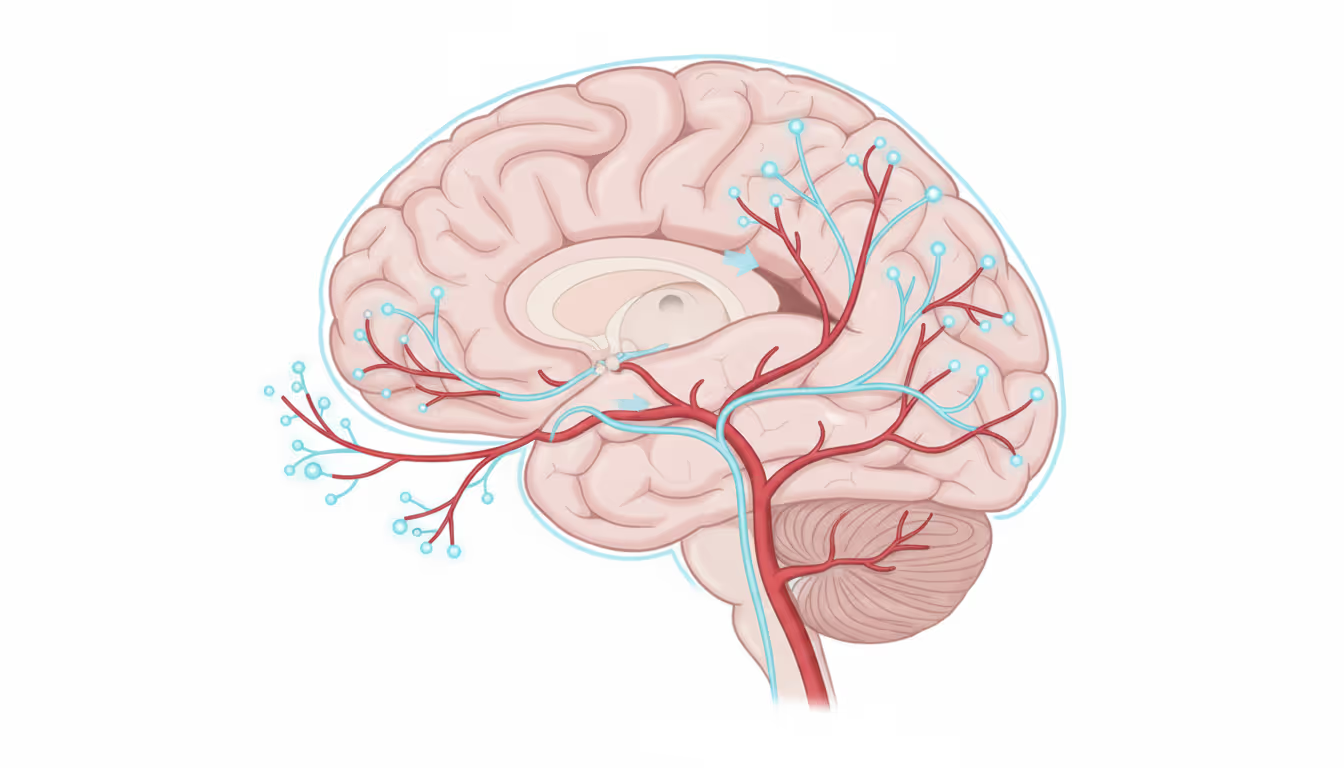
Neuroplasticity refers to the brain's capacity to restructure itself by developing new neural connections throughout a person's life. This ability enables neurons (nerve cells) in the brain to adapt to injuries and diseases and to modify their activities in response to new situations or changes in their environment.The process of brain reorganization involves mechanisms like "axonal sprouting," where undamaged axons extend new nerve endings to reconnect with neurons that have been injured or disconnected. Additionally, these undamaged axons can form new connections with other healthy nerve cells, establishing new neural pathways to perform necessary functions.For instance, if one side of the brain is impaired, the other hemisphere may assume some of its roles. The brain compensates for such damage by reorganizing itself and creating new connections among uninjured neurons. To establish these connections, the neurons require stimulation through various activities.However, neuroplasticity can sometimes lead to impairments. For example, individuals who are deaf might experience persistent ringing in their ears, known as tinnitus, due to the rewiring of brain cells deprived of sound. For neurons to form advantageous connections, they must be adequately stimulated.Neuroplasticity is also known as brain plasticity or brain malleability.




